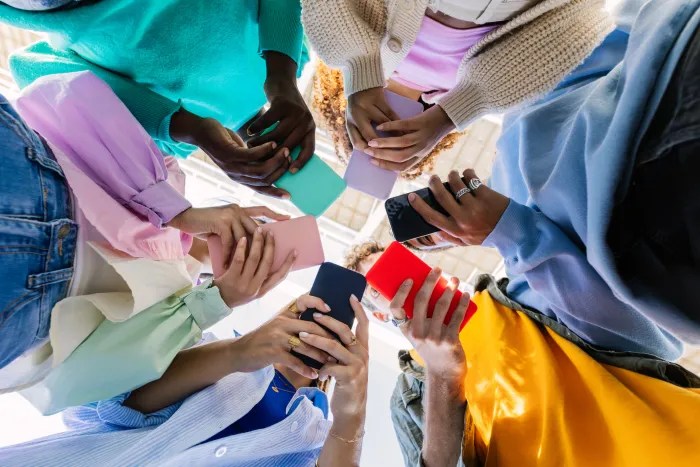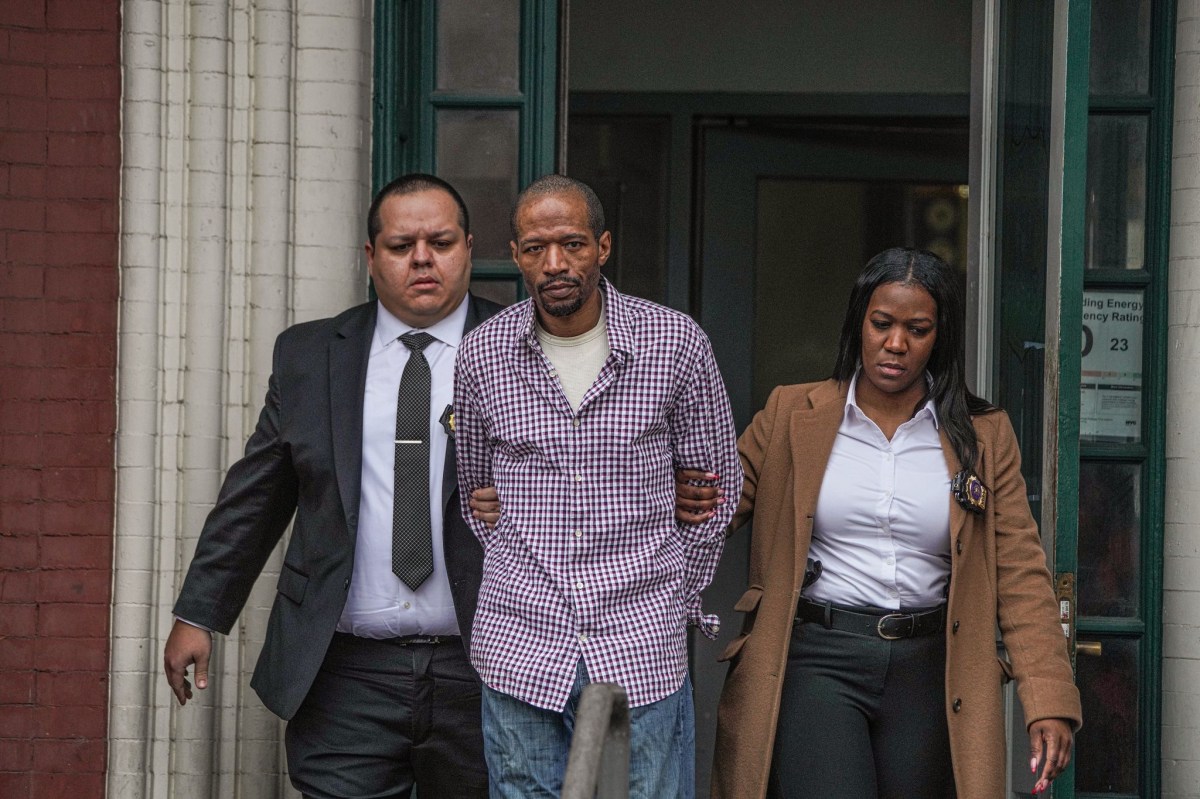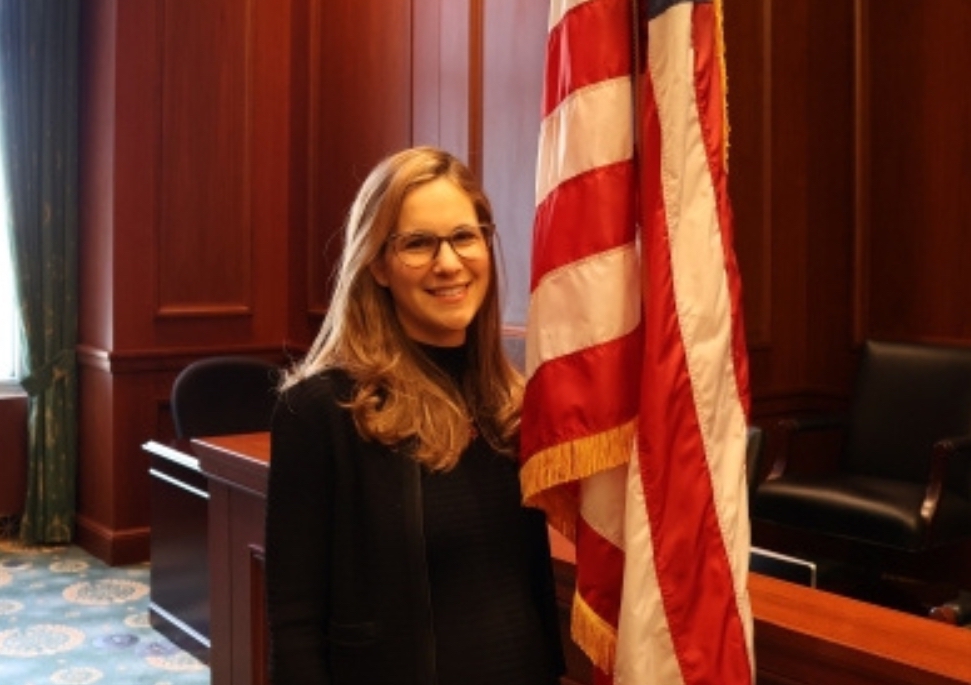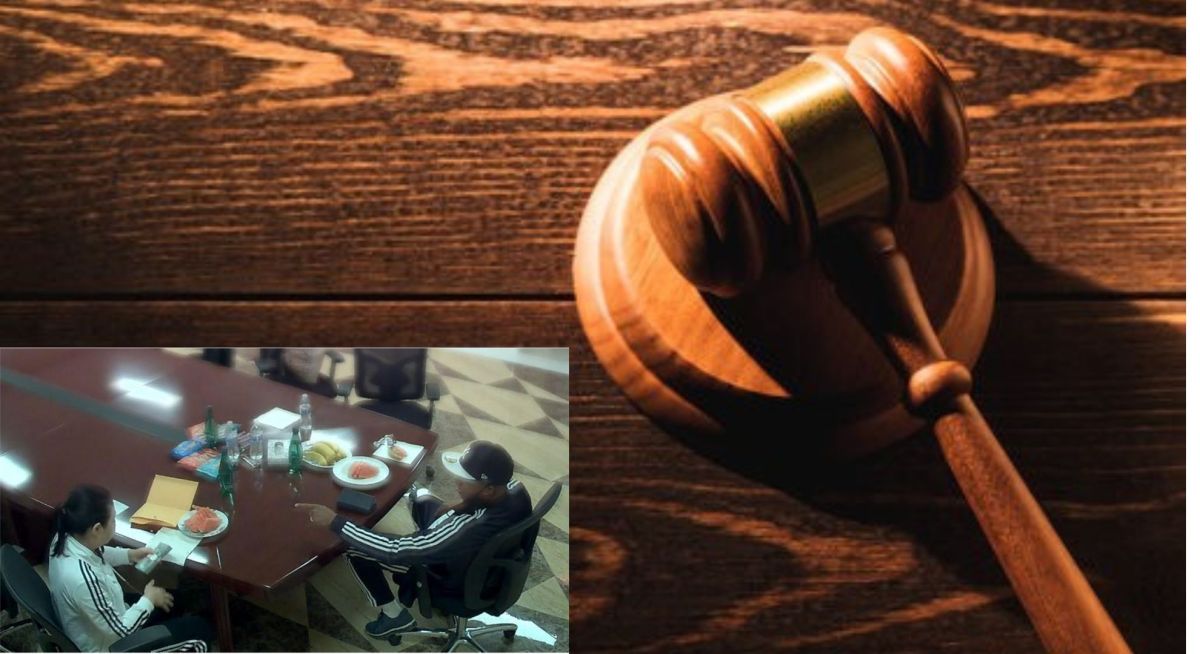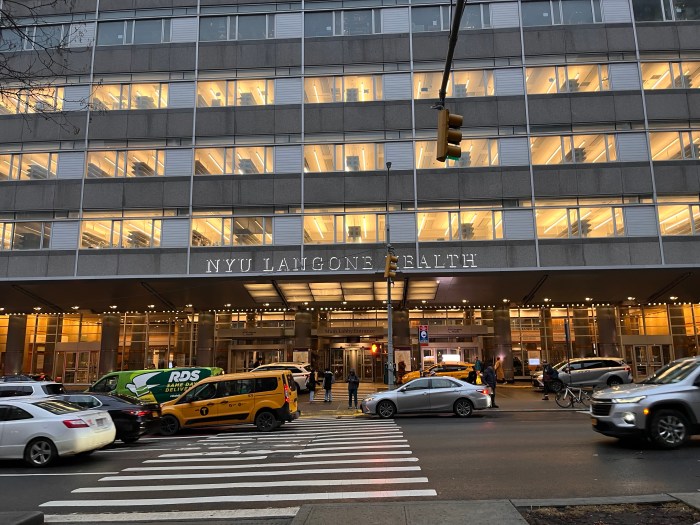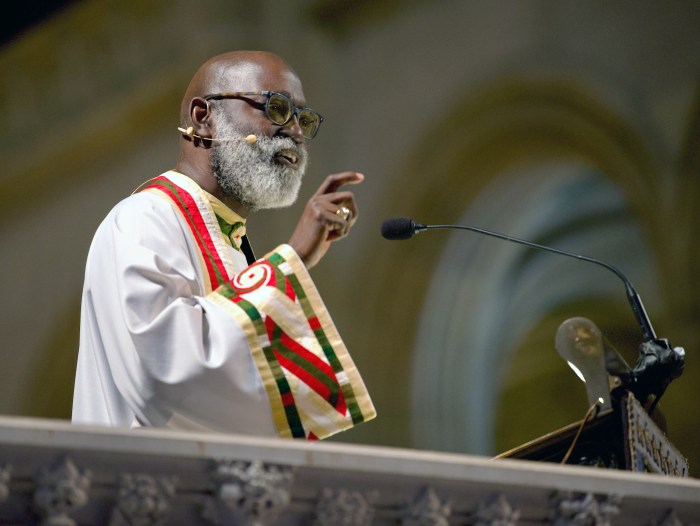NEW DELHI (AP) — Police in India’s capital New Delhi arrested a Muslim journalist Monday evening for allegedly hurting religious sentiments in what many have slammed as the latest example of shrinking press freedoms under Prime Minister Narendra Modi’s government.
Mohammed Zubair, one of the co-founders of fact-checking website Alt News, was arrested over a tweet that police said deliberately insulted “the god of a particular religion.” Senior police officer K P S Malhotra said the case was registered following a complaint from a Twitter user and Zubair was remanded in custody for one day.
Journalists across India have been increasingly targeted for their work in recent years. Some have been arrested under stringent criminal charges over posts on social media, where they routinely face threats and trolling. The Twitter accounts of some journalists and news websites have also been suspended on government orders.
The incident immediately set off a wave of outrage, with activists, journalists and opposition politicians taking to social media to decry it as harassment of the press while calling for Zubair’s immediate release.
“In a democracy, where every individual possesses the right to exercise the freedom of speech and expression, it is unjustifiable that such stringent laws are being used as tools against journalists,” said DIGIPUB, a network of Indian digital news organizations, in a statement.
“Arresting one voice of truth will only give rise to a thousand more,” wrote opposition Congress leader Rahul Gandhi on Twitter.
Pratik Sinha, the other co-founder of Alt News, said that Zubair was arrested without any notice from police, which is mandatory under law for the sections under which he has been detained.
Founded in 2017 as a nonprofit, Alt News is India’s most prominent fact-checking news website and has gained a reputation for its reporting on hate speech and debunking misinformation, particularly by Hindu nationalists. Its founders often face online trolling and threats by right-wing groups, some of them linked to Modi’s Bharatiya Janata Party.
Several similar cases have been filed against Zubair in the past. Earlier this month, police charged him for calling some Hindu monks “hatemongers,” news website The Wire reported. The Hindu monks had made inflammatory statements about Muslims and at least one of them had called for a “genocide” of the minority community. The monks were arrested and later released on bail.
Zubair was also among the first journalists to highlight controversial comments made by the now-suspended spokesperson of the BJP on the Prophet Muhammad that created a diplomatic row for the Modi administration. The Indian government distanced itself from the spokesperson’s comments after it sparked massive backlash from many Muslim nations.
India’s rank fell eight places to 150 among 180 countries in this year’s Press Freedom Index published by watchdog group Reporters Without Borders.
“Indian journalists who are too critical of the government are subjected to all-out harassment and attack campaigns,” it noted in its 2022 edition, adding that reporters were regularly exposed to police violence and increasing reprisals from officials.
Zubair’s arrest comes two days after lawyer and human rights activist Teesta Setalvad was arrested by the Gujarat state police’s anti-terrorism wing.
Setalvad was arrested Saturday for allegedly “committing forgery and fabricating evidence” in a case about the 2002 anti-Muslim riots in Gujarat state. Modi, who was then chief minister of Gujarat, has denied the charges against him, and has been cleared of complicity after government investigators and courts ruled there is no evidence against Modi.
Setalvad has long campaigned to get justice for victims of the riots in which nearly 1,000 people, most of them Muslims, were killed. Her arrest was condemned by global rights groups like Human Rights Watch and Amnesty International.
Associated Press writer Krutika Pathi contributed to this report.
















